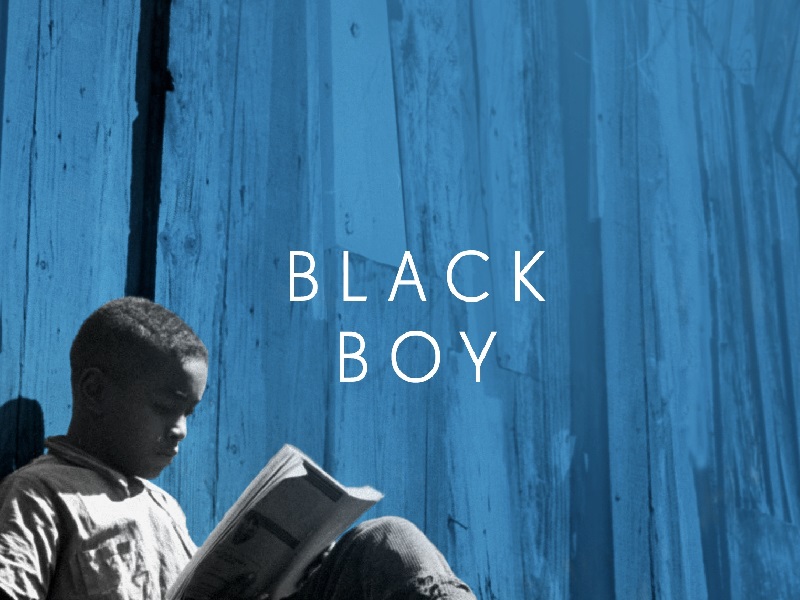“Black Boy” by Richard Wright is a gripping memoir that vividly portrays the challenges faced by an African-American boy growing up in the racially segregated South during the early 20th century. With its poignant narrative and unflinching honesty, the book offers a powerful exploration of identity, racism, and the pursuit of selfhood. Wright’s remarkable storytelling and introspective analysis captivate readers, immersing them in his transformative journey.
In “Black Boy,” Wright reflects upon the profound impact of racial prejudice on his childhood, his search for personal freedom, and the struggle to reconcile societal expectations with his own aspirations. The book not only sheds light on the racial dynamics of the era but also resonates deeply with readers of any background, urging them to confront the universal themes of oppression and the human spirit’s indomitable will.
The memoir is replete with striking quotes that highlight the book’s central themes and offer poignant insights into the author’s experience. For instance, as Wright grapples with the oppressive atmosphere surrounding him, he writes, “I was never to be free, but I was to learn to live in a way that I could never be free.” This passage encapsulates the pervasive nature of racism that shackles his existence, forcing him to adapt rather than truly thrive.
Wright’s early encounters with racism shape his perspective and ignite his desire for knowledge and understanding. As he discovers the power of words, he eloquently writes, “Words can be weapons, and I had been conditioned to use them that way.” This realization becomes a catalyst for his intellectual growth, as he recognizes the potential of language to challenge injustice and reshape his destiny.
Throughout the memoir, Wright’s struggles are juxtaposed with his unwavering determination to transcend the limitations imposed upon him. In a moment of reflection, he articulates, “I would hurl words into this darkness and wait for an echo, and if an echo sounded, no matter how faintly, I would send other words to tell, to march, to fight.” These words exemplify his unwavering resolve to defy the oppressive forces that seek to silence him, using the power of his words to spark change.
In “Black Boy,” Wright’s exploration of his identity takes center stage. He grapples with conflicting expectations, both from the white-dominated society that demands conformity and from his own desires for self-expression. As he navigates this tumultuous journey, he poignantly states, “I was trying to find out in what ways I was what I was, and in what ways I was what I wanted to be.” This profound self-examination highlights the universal struggle to reconcile personal desires with societal expectations.
Wright’s narrative is punctuated with moments of defiance, resilience, and personal triumph. His unwavering spirit shines through when he writes, “Never before had I known the sudden quiver of understanding that races through you when you grasp a new truth.” These moments of revelation and self-discovery serve as beacons of hope, reminding readers of the transformative power of knowledge and personal growth.
“Black Boy” by Richard Wright is an extraordinary memoir that delves deep into the psyche of a young African-American boy coming of age in a racially segregated society. Through his eloquent prose and introspective analysis, Wright paints a vivid picture of the challenges faced by marginalized communities while simultaneously celebrating the indomitable spirit of the human condition. This book is a timeless testament to the power of resilience, self-discovery, and the pursuit of personal freedom, reminding us all of the importance of embracing our true identities, regardless of the obstacles we face.








